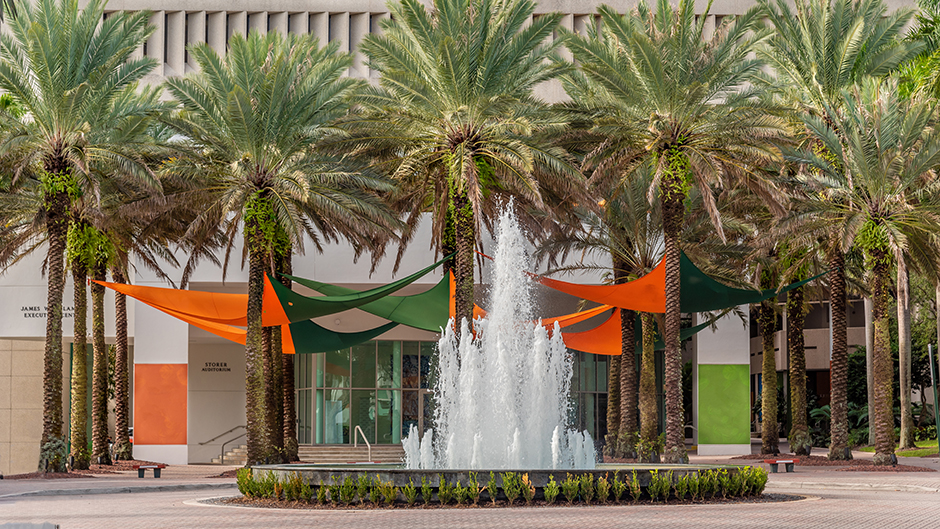The global pandemic has made 2020 an exceptional year disrupting the “standard operating procedure” for most. In terms of internationalization initiatives, Miami Herbert began the year with a strategy to strengthen its footprint the in Americas Hemisphere following one of the main pillars in President Frenk’s Roadmap to Our New Century.
The strategy included more participation in regional organizations like The Latin American Council of Management Schools (CLADEA), the Business Association of Latin American Studies (BALAS), the Education Quality Accreditation Agency (EQUAA), and Americas Society/Council of the Americas (AS/COA); and promoted more active engagement with the business sectors in countries in the region, student travel and consulting experiences, and a more active Latin America and Caribbean Advisory Board.
The initial impacts of COVID brought these initiatives to an abrupt stop. With travel grounded, these initiatives seemed foiled, but Miami Herbert saw the opportunity the virtual space offered and increased its participation in regional activities during 2020.
In March, the spring meeting of our Latin America and Caribbean Initiative (LACI) Advisory Board was among the first in-person events affected at Miami Herbert. The meeting, although virtual, provided members intimate and valuable insight about how the pandemic was initially affecting different countries and industries in the region. 2020 saw the Board work throughout the year to address the impact of COVID on regional financial markets, retail management during a crisis, corruption during COVID, as well as a recap of the LACI activity since its creation.
During the spring semester, travel to Mexico, Guyana, Puerto Rico and several other Caribbean countries for global consulting projects was canceled, but graduate students were still able to successfully complete all projects. With support from faculty advisors and corporate mentors, student teams quickly adjusted to virtual working environment and provided company partners invaluable recommendations about challenges ranging from marketing, operations, sustainable business policies and strategies.
In the fall, undergraduate finance and accounting students participated in the Hemispheric Investment Portfolio Challenge organized and co-hosted by Miami Herbert and UADE University in Argentina. Competing with schools from Chile, Colombia, Dominican Republic, and Mexico, Miami Herbert Business students placed first.
Although members for several years, in the spirit of collaboration and connectivity, 2020 saw Miami Herbert’s heightened participation in CLADEA, BALAS, EQUAA and AS/COA. Dean Quelch, Professors Dave Kelly, Joseph Ganitsky, Paulo Leme, Ola Henfridsson, as well as leaders of our graduate career services team—Ginger Baxter and Jennifer Puentes—led panels in annual conferences and short programs on topics such as the future of higher education; global economy in times of COVID; sustainable business and resilience for regional business; new business strategies; digital transformation in regional businesses; current career preparedness and experiential learning. Also, through the CLADEA COIL program, Professor Capellan stepped up to teach two virtual courses with regional partners in Peru and Dominican Republic.
Miami Herbert also hosted a series of events benefiting the private sector in different countries. In Mexico, Professor Ruelas-Gossi discussed strategy and innovation with pharmaceutical and medical supply companies. With the U.S. Embassy in Dominican Republic, Professor Leme addressed the impact of COVID on the global economy and financial markets. In Brazil, Ecuador, Mexico, Bahamas and other countries, members from health and medical sectors joined the Southern Glazers Distinguished Leaders Lecture on healthcare systems in Latin America.
For many the unprecedented shift from in-person to virtual was a challenge, and in some instances, an inconvenience, but Miami Herbert embraced the new normal because it offered an opportunity for innovation and growth.

